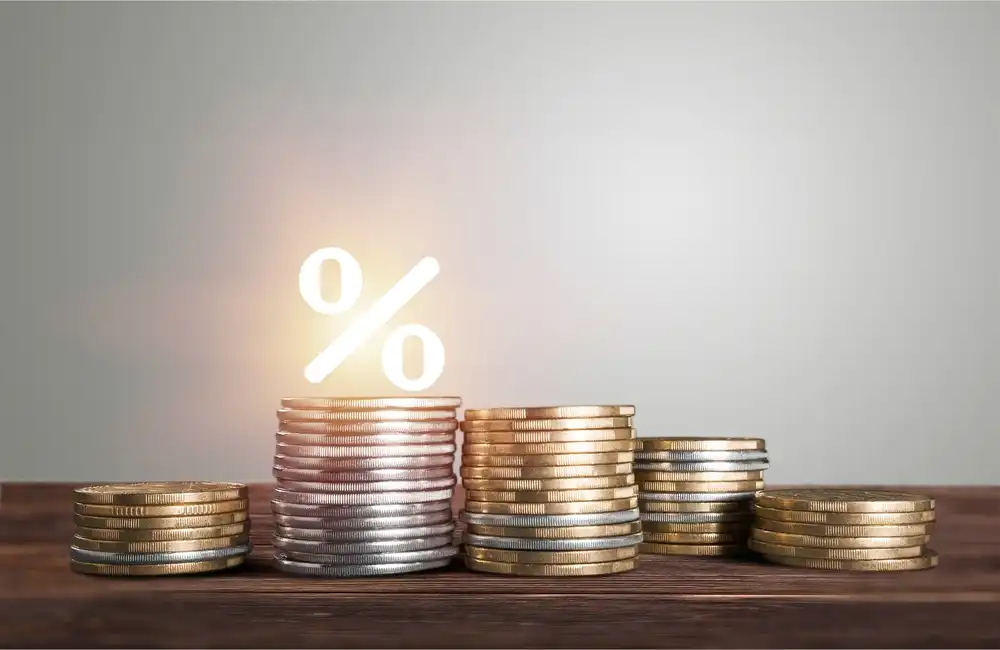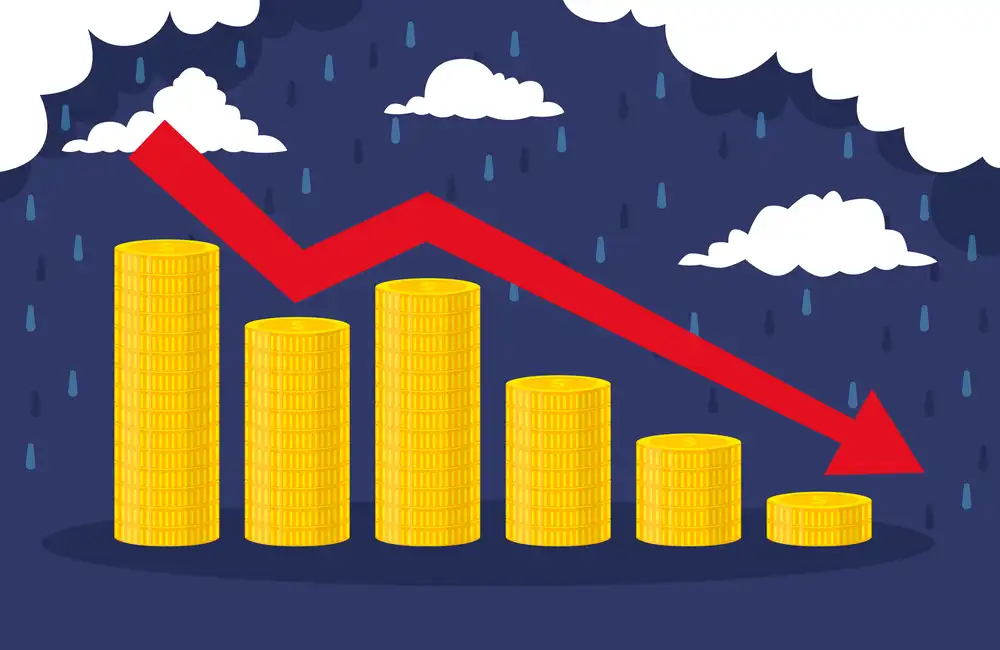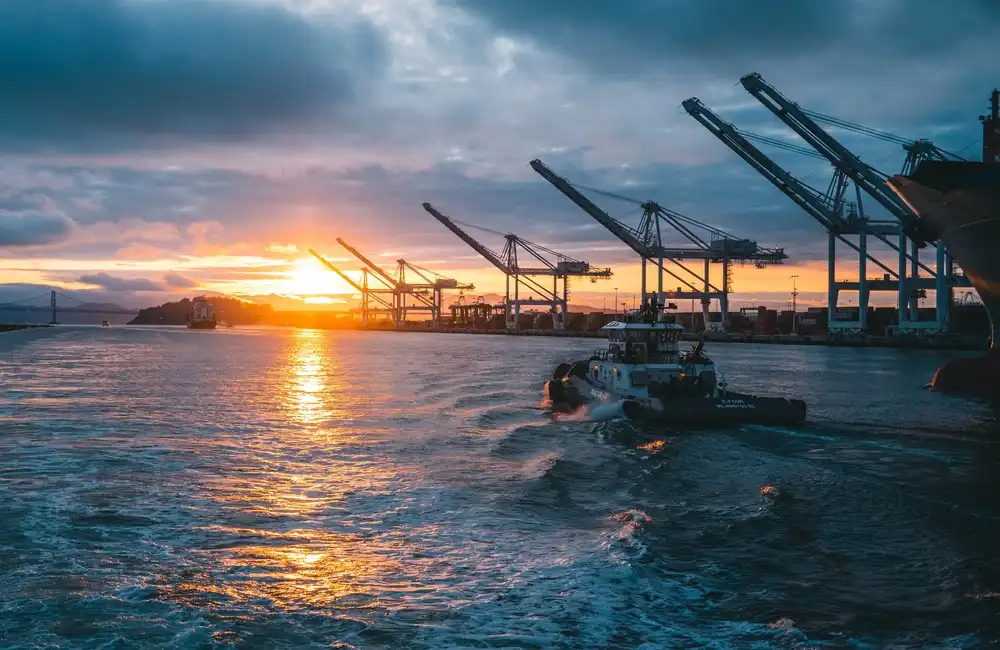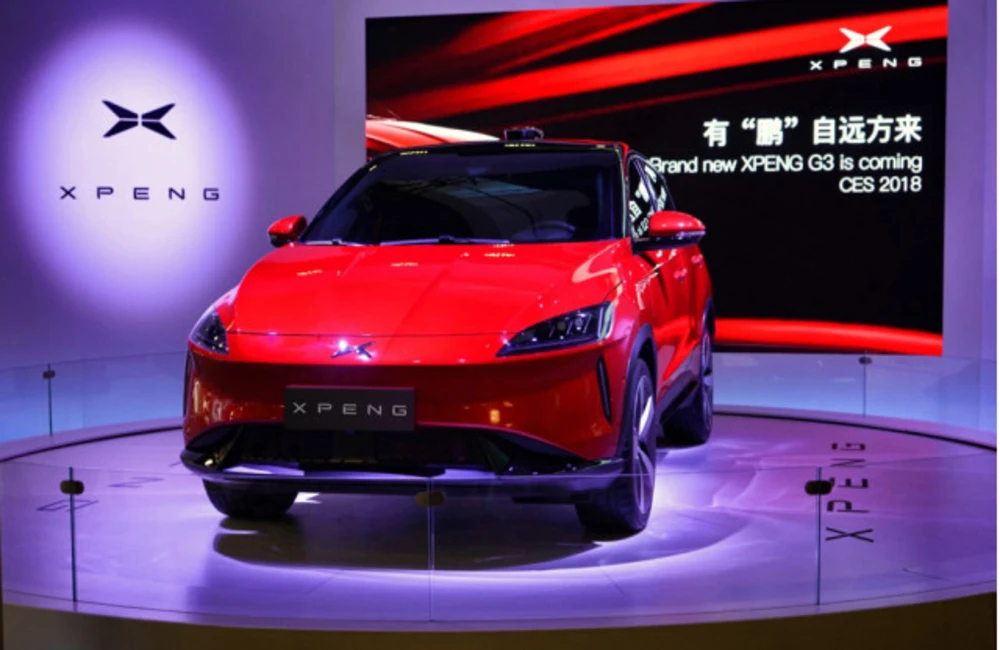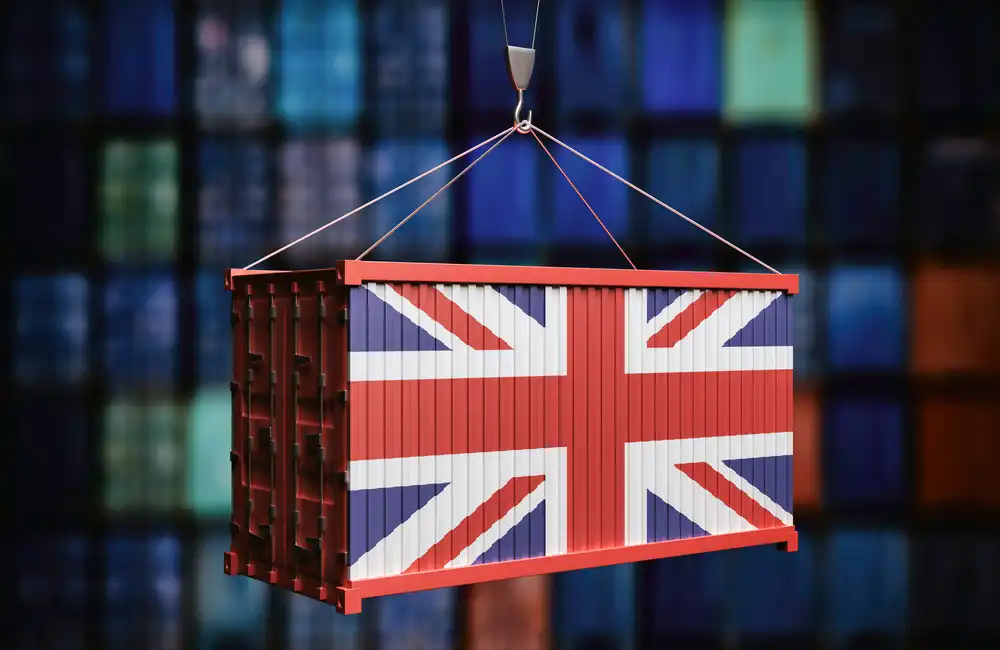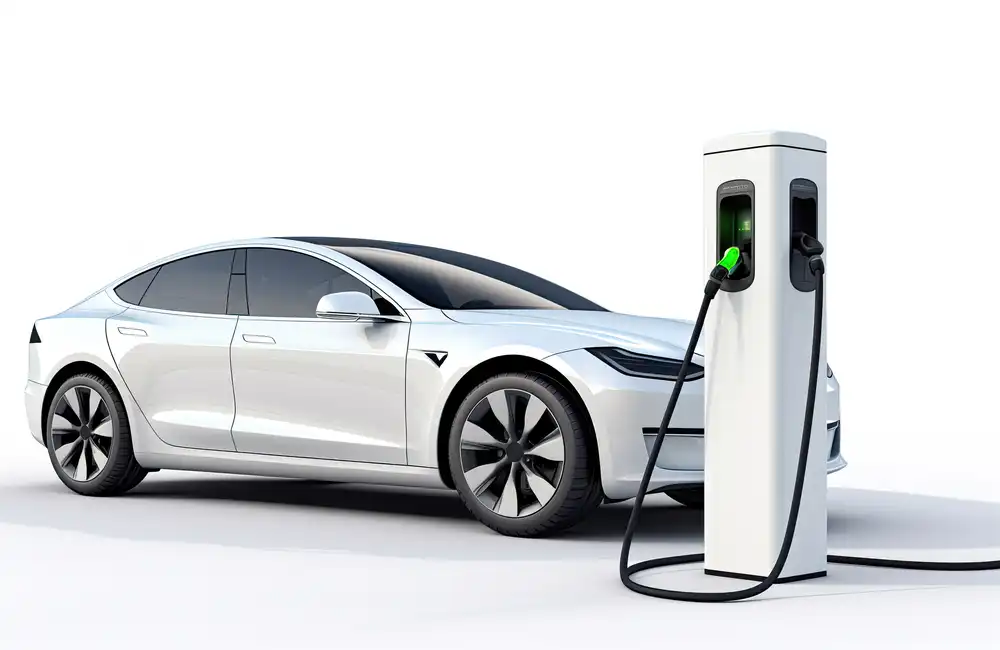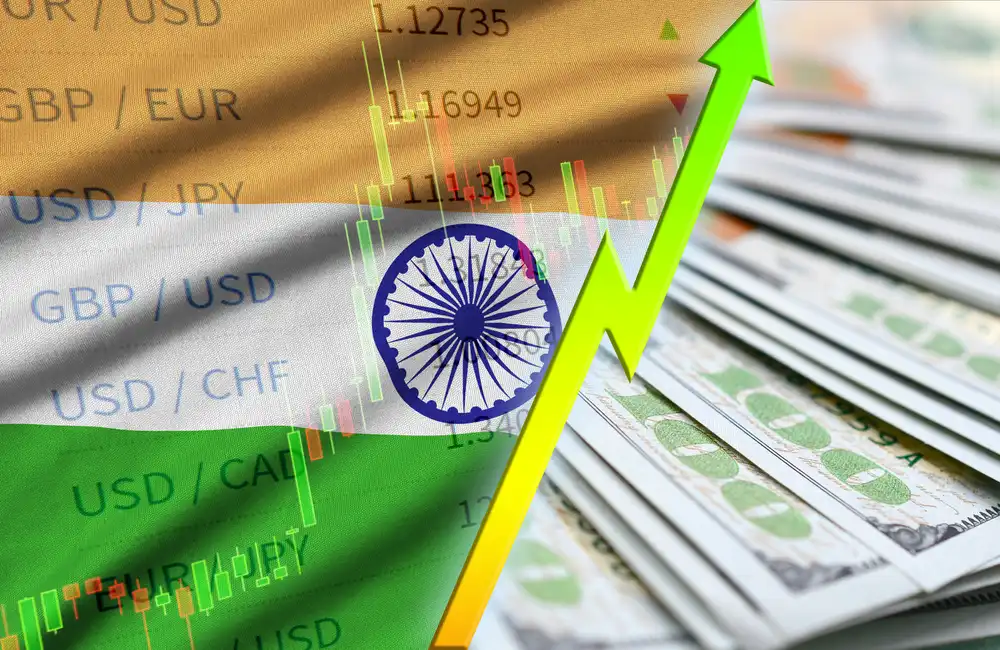Sales of new energy vehicles in China are likely to maintain a healthy pace in 2022, despite automakers hiking NEV prices and production at major factories hit by COVID-19 outbreaks, industry sources told S&P Global Commodity Insights.
Impact of COVID-19 on China's Automotive Sector
A sudden spike in Chinese cases of COVID-19 from February onwards led to supply shortages and weak production, causing month-on-month sales to fall in April, from China’s largest new energy vehicle producers, such as Nio, Li Auto Inc., and Hozon Auto.
China’s car makers halted or trimmed production after the pandemic-driven lockdowns racked up shortages of supplies of automotive parts from Shanghai and neighboring cities.
China's passenger car retail sales are estimated to be 1.1 million units in April, a decrease of 31.9% from a year earlier, China Passenger Car Association, or CPCA, said in a report earlier.
But the output capacity of vehicle makers and automobile part manufacturers in Shanghai has been slowly increasing since production started up again on April 19, the Shanghai municipal government said at a press conference on May 5.
China's NEV production and sales are likely to increase in May over April, Cui Dongshu, secretary general of CPCA, said recently.
The China Passenger Car Association (CPCA) kept its forecast for sales of new energy vehicles (NEVs) in the country in 2022 at 5.5 million units.
It would take time for the vehicle manufacturers to get to full capacity, with big supply chain networks in the way, they said.
Though vehicle production and sales in May may be under pressure, operations are seen gradually returning to normal in June, they added.
China's NEV producers have been compelled to increase car prices amid months of soaring raw materials prices, but this was unlikely to hurt sales as gasoline prices remained high while some government policies also supported NEV sales, sources said.
Lithium Demand and Prices
Prices of battery metals in China have been heading lower, amid rising production from salt lakes, softer downstream demand, and a government push to keep raw material prices at "rational levels."
Downstream consumers held back orders on the price downtrend, and sources believed lithium salts prices will slide further.
Still under pressure, lithium prices would end high amid production costs and expectations of later demand recovery, said the sources.
Platts assessed battery-grade lithium carbonate and hydroxide on May 5, down 7% and 5.2%, respectively, month on month at Yuan 465,000/mt ($70,212/mt) and Yuan 470,000/mt on a DDP China basis, S&P Global data showed.
China's EV sector has experienced rapid growth in the last few years as the country places more emphasis on decarbonization.




